Uganda
It has been the same setting for days now. On Wednesday, an endless queue of trucks stranded at Kenya-Uganda border.
The usually busy Eldoret-Malaba highway was almost at a stand still on Wednesday. In the vehicules building up, drivers waiting to get tested for COVID-19 some for the first time, and others for the second time. Indeed they have to take a test at either side of the border. A frustrating situation.
"The WHO (World Health Organization) could help us by giving drivers a unique certificate which can be used to travel to all East African without worries. This certificate would help us follow all the protocols to protect ourselves and others from COVID-19. It would really help us make our work easier."
The traffic build-up, which started weeks ago, has now extended to 140 kilometres, generating delivery delays and a lack of understanding among long distance truck drivers. Damian Mavu, a truck driver, has already spent three nights in the traffic jam: "We test for COVID in Kenya and get a certificate then cross to Uganda where we are forced to test again and pay. That has become a challenge because why are you supposed to pay since we have already tested in Kenya? What is the difference between the equipment they are using to test in Kenya and Uganda? That is what we don’t understand yet."
As trucks are stuck in tailbacks an oil shortage continues in Uganda with petrol prices going through the roof.
In May 2020, truck drivers protested against tests being carried out on both sides of the border. It led to the closure of the highway for almost three weeks.




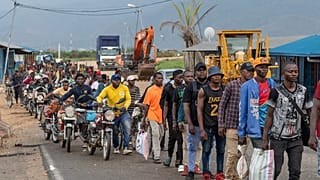
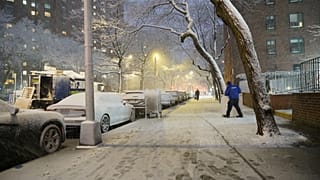

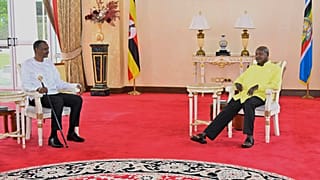
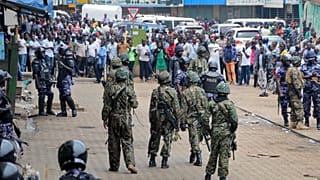
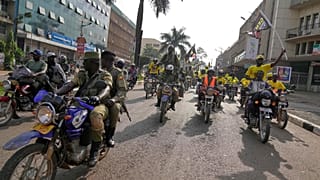
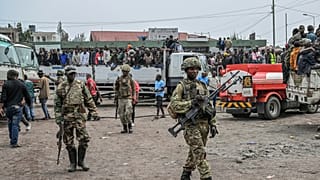
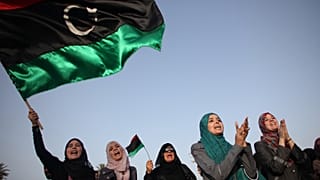
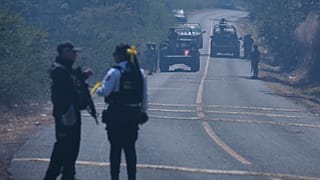
01:04
Kenya to roll out game-changing HIV drug in March
Go to video
Nigeria and Kenya lead production of electric vans using Chinese kits
00:52
Workers at Kenya's main airport call off strike after two days of disruption
00:59
Kenya and Egypt hold talks aimed at deepening trade and investment
Go to video
Kenya airport strike leaves thousands of passengers stranded
01:37
WHO urges US to share Covid origins findings